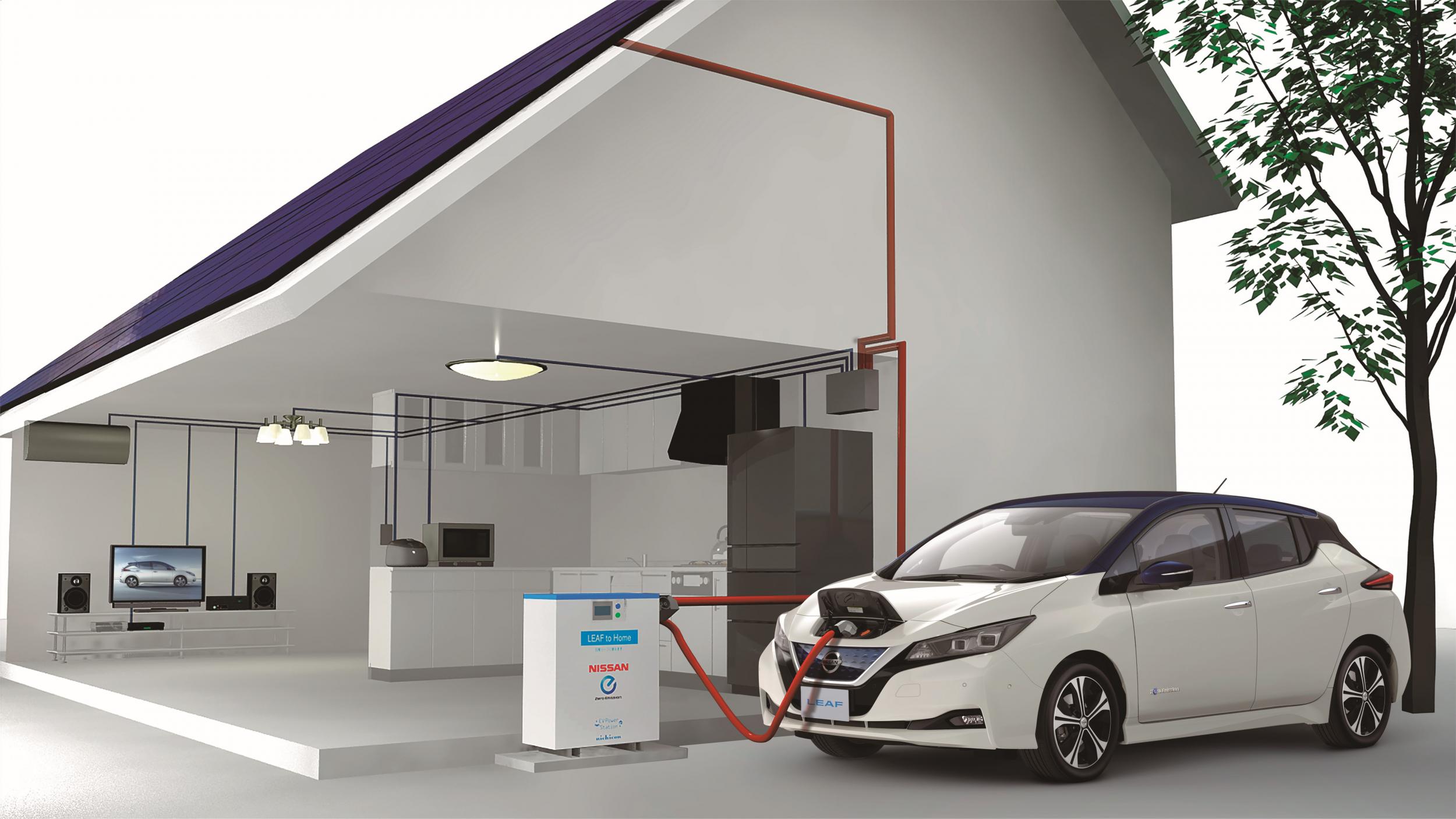Now people want a used electric car
Alternatively fuelled vehicles are beginning to seriously rival the internal combustion engine, with a buoyant second-hand market leading the charge

Your support helps us to tell the story
From reproductive rights to climate change to Big Tech, The Independent is on the ground when the story is developing. Whether it's investigating the financials of Elon Musk's pro-Trump PAC or producing our latest documentary, 'The A Word', which shines a light on the American women fighting for reproductive rights, we know how important it is to parse out the facts from the messaging.
At such a critical moment in US history, we need reporters on the ground. Your donation allows us to keep sending journalists to speak to both sides of the story.
The Independent is trusted by Americans across the entire political spectrum. And unlike many other quality news outlets, we choose not to lock Americans out of our reporting and analysis with paywalls. We believe quality journalism should be available to everyone, paid for by those who can afford it.
Your support makes all the difference.There is a growing public enthusiasm for electric cars, according to the latest numbers from the motor trade.
The Society of Motor Manufacturers and Traders (SMMT), the main industry body, reports that while sales of used petrol and diesel cars in 2019 were virtually stagnant, battery electric vehicle demand surged by 21.8 per cent to 14,112 units. However, reflecting historically minimal electric cars sales, that still represents only 0.2 per cent of the second-hand market. New pure, battery-only electric vehicle sales amounted to 3.4 per cent last year, predicted to rise to 5.5 per cent his year – with the used market expected to follow the sharply upward trend in succeeding years. A shortage of new electric cars may also be pushing people to consider a used alternative.
Combined, alternatively fuelled vehicles (including hybrid, plug-in hybrid as well as battery electric) were up emphatically, increasing by 23.4 per cent with 135,516 changing hands.
Only in very recent years have battery-only powered electric vehicles (Bevs) attempted to compete seriously with the internal combustion engine. Models such as the Nissan Leaf, the market leader, and the Renault Zoe have wider range on a single charge and represent a more practical proposition for the average driver, usually if they have a home charging facility (which can be fitted for between £300 and £1,000, excluding a government subsidy of £500). What the impact is of the rumoured removal of the government subsidy for buying a new electric car (currently up to £3,500) is yet to be seen. However, 2020 will be breakthrough year with the arrival of many more “mainstream” Bevs, including the Peugeot e-208, Vauxhall Corsa-e and Volvo XC40 Recharge.
Overall, the UK’s used car market finished 2019 more or less flat with the previous year, recovering to just a -0.1 per cent drop following two quarters of growth in the second half. A recorded 7,935,105 used car transactions took place in the year, down 9,935 on 2018.
Despite recent uncertainty about their future tax treatment and bans on their use in towns, diesel cars sales were down just 0.6 per cent. The latest, cleanest diesel models, meeting “Euro 6” standards, available since 2015, were actually up 32.5 per cent as more of them reached the used market, helping to address air quality concerns.
Reflecting trends in the new car market, Superminis remained the most popular used buy, maintaining their 2018 performance and taking a 32.8 per cent market share.
Black was the most popular option for used cars in 2019, followed by silver and blue.
The latest industry data indicates that used car prices remained firm in 2019, with the average up 0.6 per cent to £12,800 with two quarters of growth.
Mike Hawes, SMMT Chief Executive, commented: “It is encouraging to see used car sales return to growth in the latter part of 2019 after a prolonged period of decline, and we need to see a similar rebound in new car sales if we are to meet environmental targets.”
“A buoyant used car market is necessary to maintain strong residual values and, clearly, it is now outperforming the new car market.”
“This does, however, suggest that weak consumer confidence and ongoing uncertainty over possible future restrictions on different vehicle technologies are causing some car buyers to hold off buying new models. This is delaying the fleet renewal we need now if we are to deliver immediate and continuous improvement in air quality and climate change.”
Join our commenting forum
Join thought-provoking conversations, follow other Independent readers and see their replies
Comments